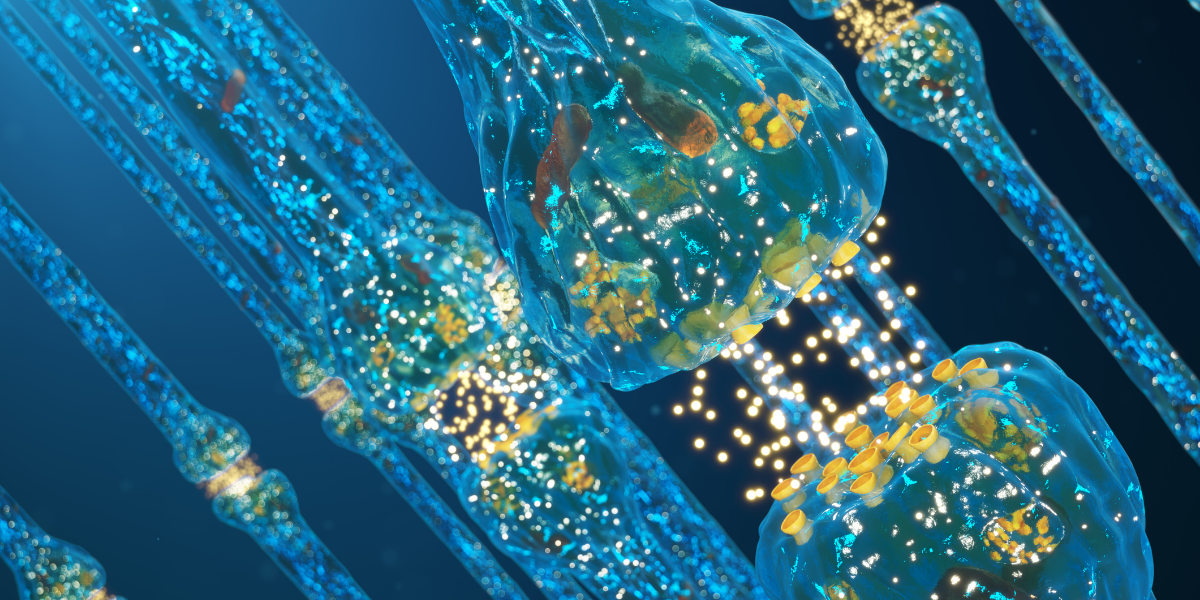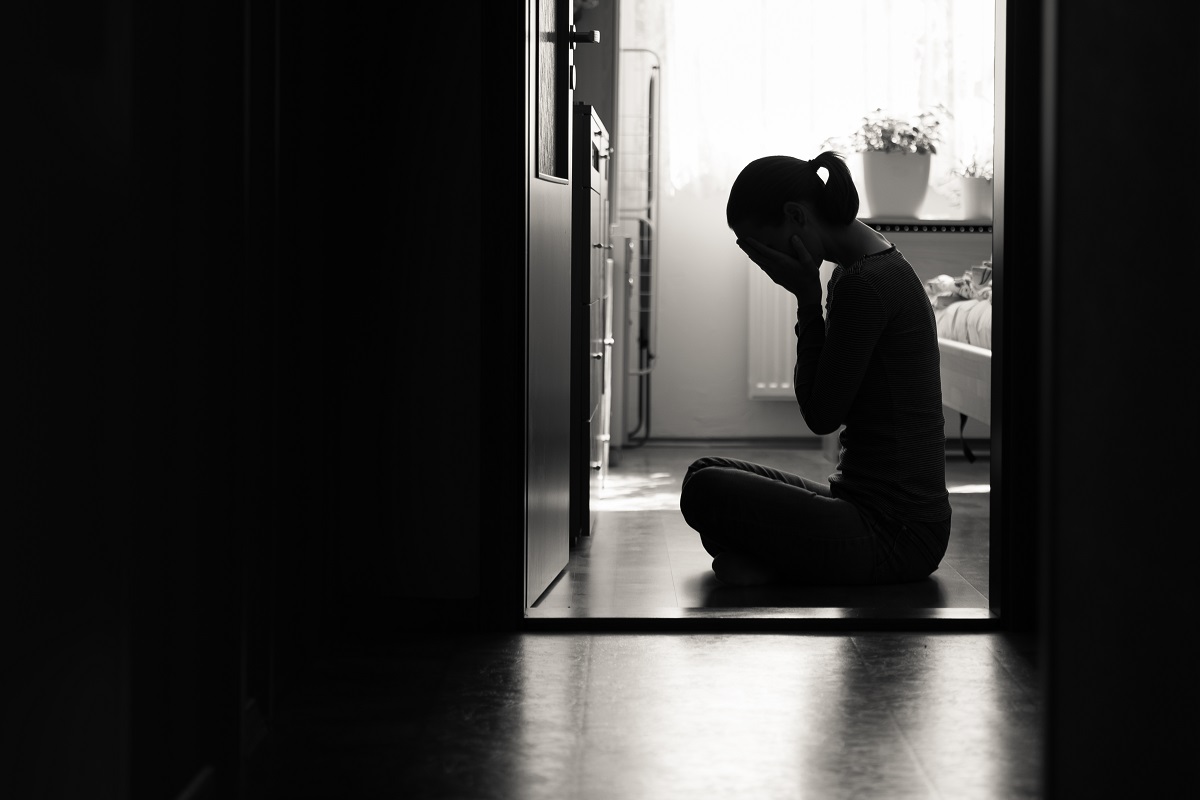How the Brain Changes During Depression Treatment
July 25, 2022
Depression is a mood disorder that affects one’s thought patterns, mood, and behavior. Common symptoms of depression include strong feelings of sadness and a loss of interest in activities that someone used to enjoy.(1) There are different approaches to treating depression, and each form of depression therapy affects the brain…









